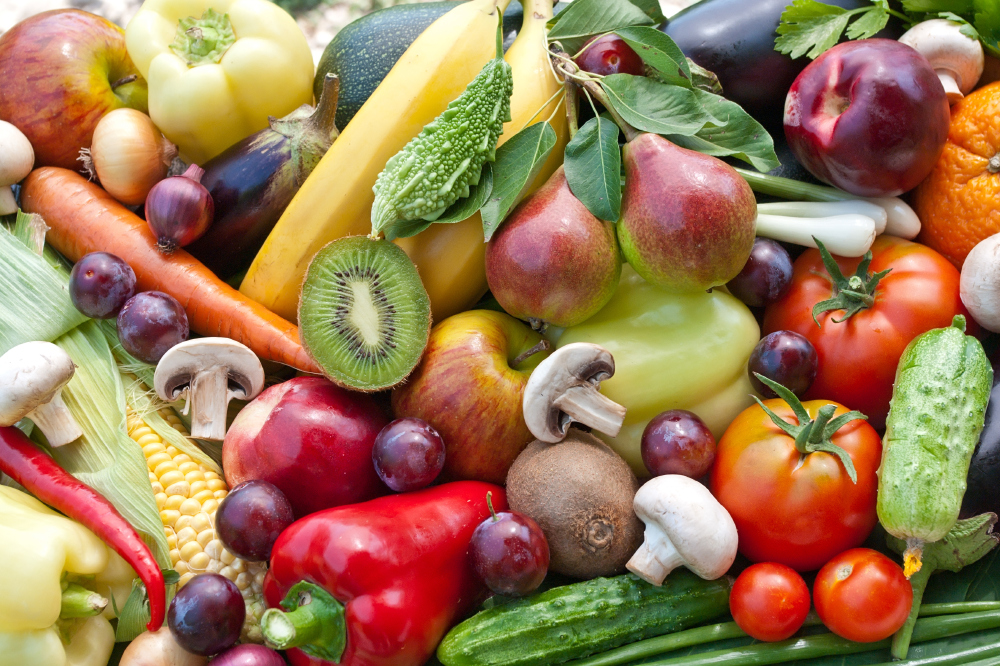
A lot of vegetables contain calcium
As a newly fledged vegan, I am aware that the one thing I can easily miss out on is Calcium, without milk in my diet. The calcium mineral is the most abundant of all the nutrients in the human body, to help keep your bones and teeth healthy and strong. It also helps with vascular contraction and muscle function.
A glass of milk is the easiest way to get this much desired calcium unto our bodies, which contain 300 mg of the mineral.
We should all be consuming around 1,000 mg of calcium per day if aged between 19 and 50- the equivalent of about three glasses of milk.
But thankfully for vegans this is not the only way to mount up your calcium intake in a day. Each of these foods are alternative ways to feed your body with what it needs- just be sure that each of them is accompanied by foods rich in vitamin D as this helps to absorb the calcium.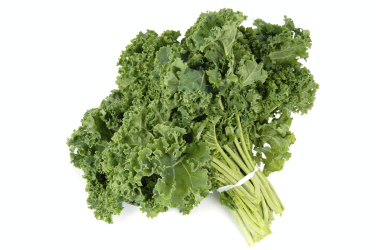
Kale- Just one cup of raw kale has 90mg of calcium- so three cups will give you more than one cup of milk. Great for salads and smoothies- it is an easy food to include in your diet.
Oranges- Just one orange has 60mg of calcium so snacking on this citrus fruit through the day will get you close to your target. Or why not enjoy a glass of fortified orange juice in the morning?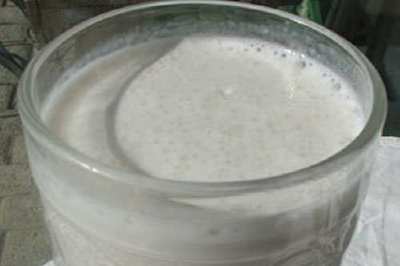
Soy Milk- It’s a dairy free alternative that contains 300mg of calcium, just like a normal glass of milk.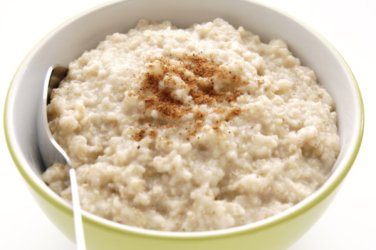
Oatmeal- It’s full of fibre, filling, and helps keep your heart healthy. Just one packet of this has 105 mg of calcium. Just watch out as most porridge is not suitable for milk allergy sufferers or vegans so choose wisely.
Sesame Seeds- Just one ounce of these has a whopping 280mg of calcium- as much as nearly one glass of milk and they are great for soups and salad toppers!
Soy Beans- It makes sense that soy beans contain a lot of calcium if soy milk does and just one cup comes in at 261mg of calcium.
Almonds- A great snack for your lunchbox- one ounce has 80 mg of calcium- as well as being able to reduce blood sugar, encourage weight loss and reduce cholesterol- they are small but mighty. Just be careful not to eat too many as they are very fatty and calorific. Count them out.
White Beans- Only half a cup of white beans have 100mg of calcium- and they look like they do too!
Soya Yoghurt- An eight ounce serving of plain, low fat yoghurt has 415mg of calcium, giving you 42% of your daily dose. Watch out for added sugars in flavoured yogurts however- always check the label.
Figs- These are high in fibre and iron but also give you 55mg of calcium in just 2 figs!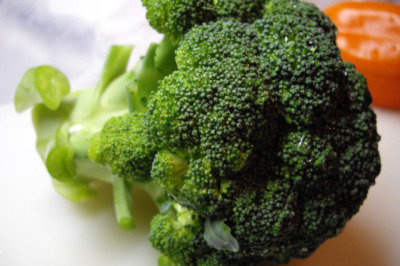
Broccoli- This green vegetable has 180 mg of calcium in only one cup- so when you were told to eat your greens as a child you mum was actually thinking about your teeth and bones.
Sunflower seeds- One ounce has 50g of calcium- great for a mid-morning or afternoon snack- just like Mulder from The X Files.
Other sources include:
Vegetables (per cup)
Bok choy (cooked) – 330 mg
Bean sprouts – 320 mg
Spinach (cooked) – 250 mg
Collard greens (cooked) – 260 mg
Mustard greens (cooked) – 100 mg
Turnip greens (cooked) – 200 mg
Swiss chard (cooked) – 100 mg
Seaweed (Wakame) – 120mg
Okra – 130 mg
Fennel – 45 mg
Artichoke – 55 mg
Celery – 40 mg
Leeks – 55 mg
Nuts, nut butters and seeds
Brazil nuts (1/4 cup) – 55 mg
Hazelnuts (1/4 cup) – 55 mg
Almond butter (1 tbsp) – 43 mg
Tahini (1 tbsp) – 65 mg
Grains
Cereals (calcium fortified, ½ cup) – 250 to 500 mg
Amaranth (cooked, ½ cup) – 135 mg
Brown rice (cooked, 1 cup) – 50 mg
Quinoa (cooked, 1 cup) – 80 mg
Legumes and beans
Chickpeas (cooked, 1 cup) – 80 mg
Pinto beans (cooked, 1 cup) – 75 mg
Soy beans (cooked, 1 cup) – 200 mg
Tofu (soft or firm, 4 oz) – 120 – 400mg
Tempeh (1 cup) – 150 mg
Navy beans (1 cup) – 110 mg
Fruit (per cup)
Apricots (dried) – 75mg
Kiwi – 60mg
Rhubarb (cooked) – 350 mg
Prunes – 75 mg
Blackberries – 40 mg
Source: drlisawatson.com and huffingtonpost

